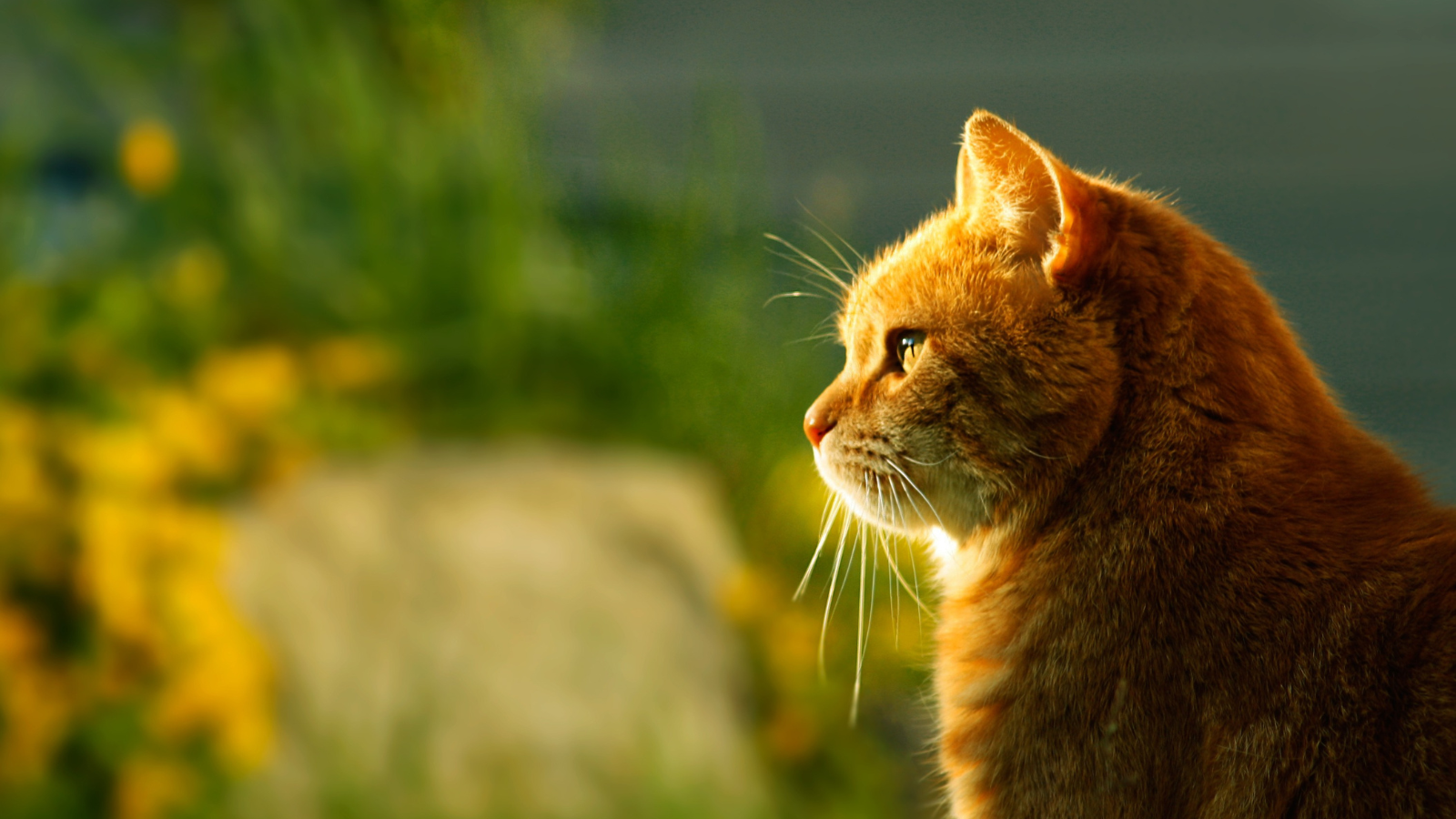Every cat owner has witnessed their feline companion’s particular bathroom rituals, from the careful selection of the perfect spot in the litter box to the methodical covering afterward. These seemingly simple behaviors represent a complex urinary system that, when functioning properly, efficiently filters waste and maintains your cat’s health. However, when feline urinary problems arise, Dirigo Veterinary Care has seen how they can quickly transform from a minor inconvenience into a serious medical crisis.
Early Warning Signals of Feline Urinary Issues
Cat urinary diseases often announce themselves through subtle changes in behavior that observant owners can detect before the condition becomes critical.
One of the earliest signs is a change in litter box visits. Your cat may begin spending longer periods in the box, making multiple attempts to urinate with little success, or appearing uncomfortable during the process.Some cats will begin vocalizing during urination attempts, expressing their discomfort through meowing, crying, or growling.
Location preferences may also shift dramatically. A previously well-trained cat might begin urinating in unusual places.
Physical signs include visible blood in the urine, which may range from light pink discoloration to red blood. Changes in urine odor, particularly a stronger or more pungent smell, can also indicate problems. Some cats will increase their grooming of the genital area, licking excessively due to discomfort or irritation.
Behavioral changes extend beyond bathroom habits. Affected cats may become more withdrawn, hiding in unusual places, or conversely, may become more clingy and attention-seeking. Changes in appetite, water consumption, and general activity levels all warrant attention from cat owners.
The Spectrum of Urinary Problems in Cats
Feline Lower Urinary Tract Disease
Feline Lower Urinary Tract Disease represents a syndrome rather than a single condition, encompassing various disorders that affect the bladder and urethra. This umbrella diagnosis helps veterinarians approach urinary symptoms systematically, recognizing that multiple factors often contribute to a cat’s urinary problems.
FLUTD can affect any cat but shows particular prevalence in certain populations. Middle-aged and older cats have a higher risk. The multifactorial nature of FLUTD means that successful treatment often requires addressing several contributing factors simultaneously rather than focusing on a single underlying cause.
Cat Urinary Tract Infections
UTIs are most common in older female cats or cats with compromised immune systems, diabetes, and kidney disease, which show increased susceptibility to bacterial infections.
Feline UTIs typically respond well to appropriate antibiotic therapy, but proper diagnosis through a urine culture is needed to identify the specific bacteria involved and determine the most effective treatment approach.
Feline Idiopathic Cystitis
The cause of Feline Idiopathic Cystitis remains not fully understood. This condition involves inflammation of the bladder wall. FIC episodes can become chronic or may be a one time occurrence.
Feline Urinary Obstructions Need Immediate Treatment
Urinary obstructions in cats represent true emergencies requiring urgent veterinary care. These blockages prevent urine from leaving the bladder, causing rapid buildup of toxins and potentially fatal complications within as little as 2 days.
Male cats face significantly higher risk of obstruction due to their anatomical structure. The male urethra is longer and narrower than in females, making it more susceptible to blockage by crystals, inflammatory debris, or muscle spasms.
Complete obstruction creates a cascade of life-threatening problems. As urine accumulates in the bladder, pressure increases, potentially causing bladder rupture. Simultaneously, waste products normally eliminated through urine begin accumulating in the blood, leading to dangerous electrolyte imbalances and kidney dysfunction.
If your cat is showing signs of a urinary blockage, such as straining to urinate, not urinating, painful urination, or licking genitals excessively, contact a veterinarian immediately.
Treating Feline Urinary Issues in Waterville, ME
Recognizing early warning signs that your pet cat is suffering from urinary issues can protect them from suffering from these potentially serious conditions. Dirigo Veterinary Care has seen and treated cat urinary diseases in Waterville and from neighboring areas like Fairfield or Winslow. If you notice any changes in your cat’s urination habits or behavior, contact us for a feline urinary health evaluation.

